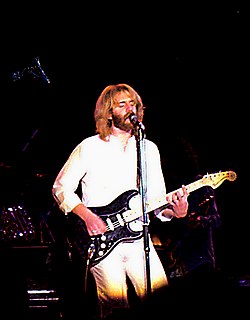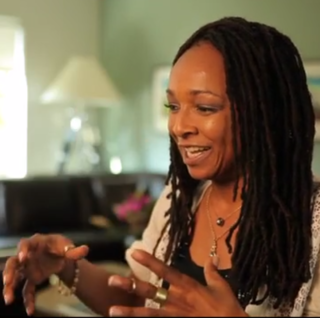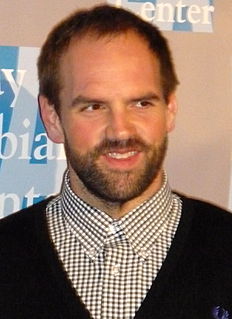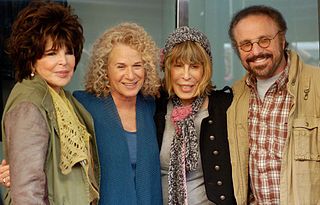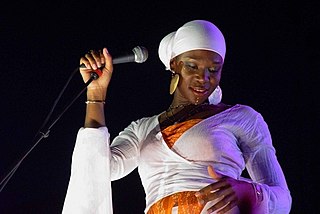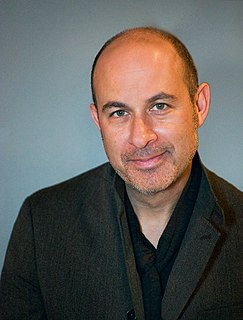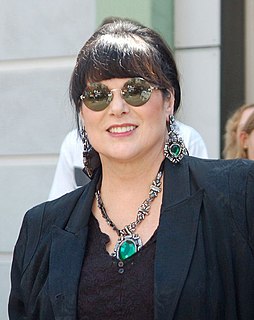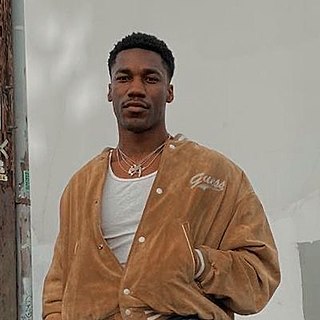A Quote by Andrew Gold
I think the 60s and 70s were the peak period for the singer-songwriter, for sure.
Quote Topics
Related Quotes
When I was a kid, a lot of my parents' friends were in the music business. In the late '60s and early '70s - all the way through the '70s, actually - a lot of the bands that were around had kids at a very young age. So they were all working on that concept way early on. And I figured if they can do it, I could do it, too.
